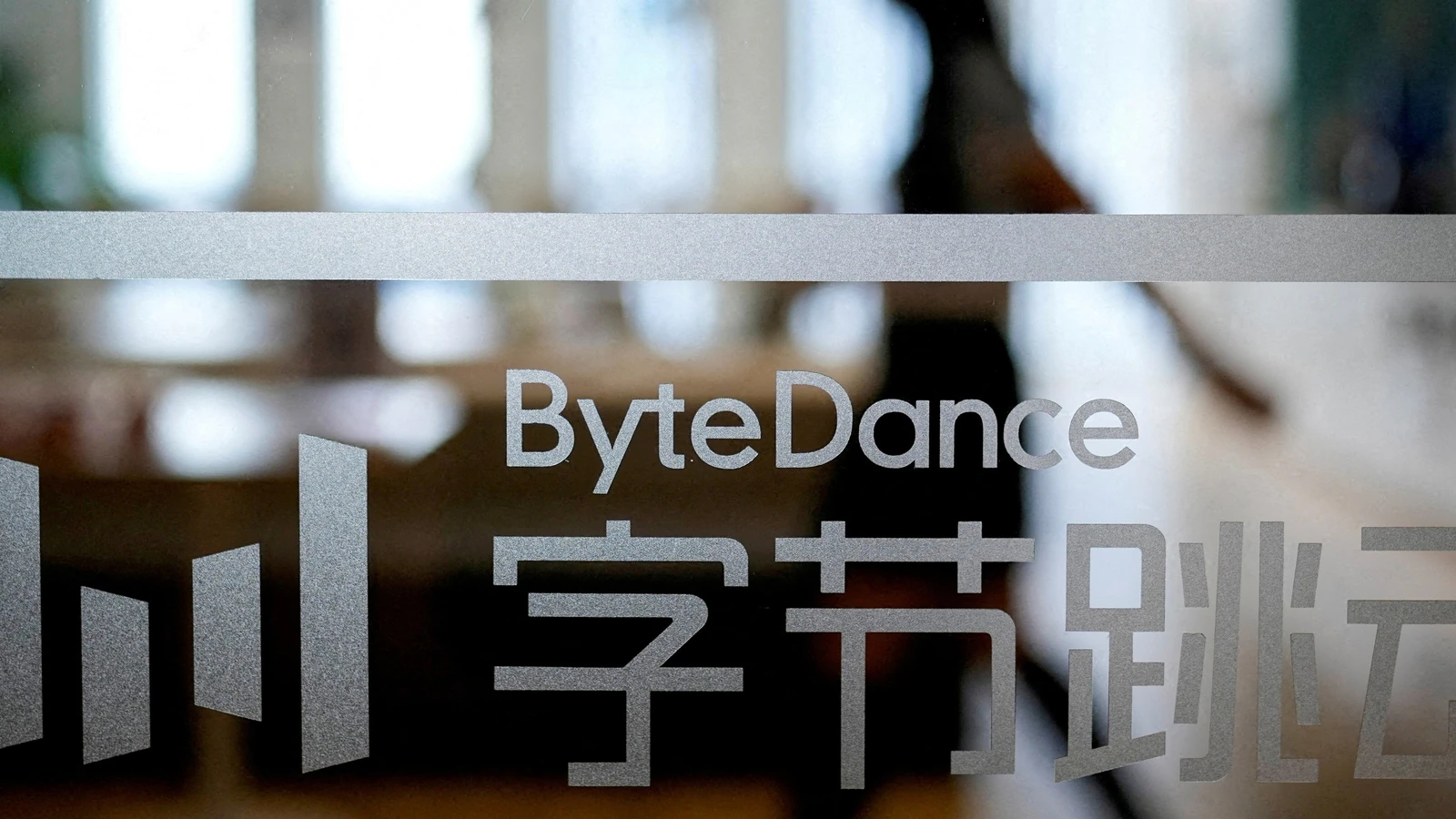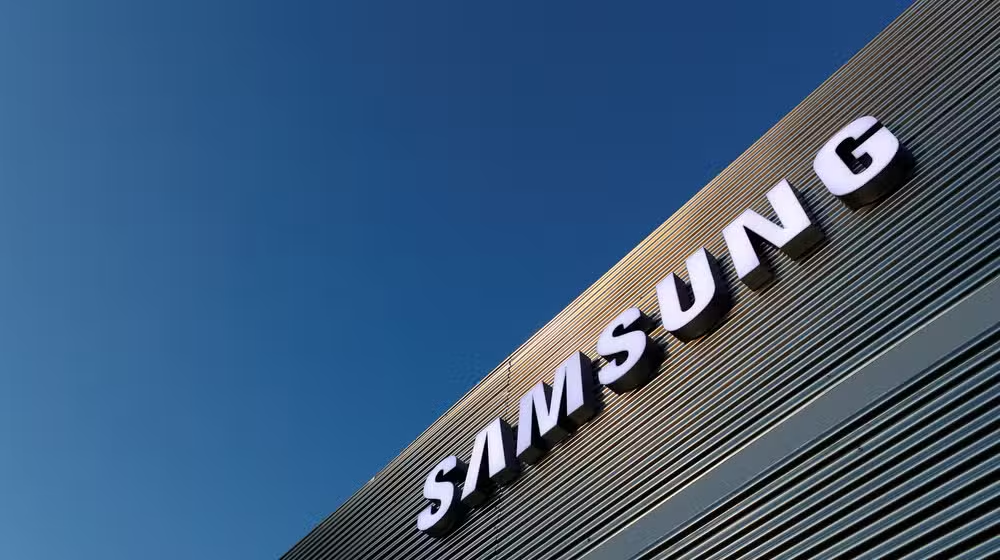ByteDance, the Chinese parent company of TikTok, is reportedly planning to develop an AI model primarily using chips from Huawei Technologies. This shift comes in response to U.S. restrictions on advanced AI chips, compelling the social media giant to turn towards domestic suppliers for its AI needs.
The company has begun diversifying its chip sources for artificial intelligence and accelerating the development of its own technology since the U.S. imposed export controls on high-performance chips, notably from Nvidia, in 2022. AI technology has become crucial across various sectors, including gaming and e-commerce, as companies increasingly integrate custom AI models into their offerings.
According to sources familiar with the plans, ByteDance intends to utilize Huawei’s Ascend 910B chip to train a large-language AI model, although the capabilities of this new model will be less powerful compared to ByteDance’s existing AI model, Doubao. The Ascend 910B chips are currently used by ByteDance for less computationally intensive tasks but have limitations when it comes to training complex AI models.
Despite ordering over 100,000 Ascend 910B chips this year, ByteDance has received fewer than 30,000 as of July, which has hindered its progress in developing the new AI model. The ongoing chip supply constraints and the lower computing power of the available Huawei chips compared to Nvidia’s offerings have complicated ByteDance’s timeline for the new model.
ByteDance’s current AI technology powers various applications, including its popular Doubao chatbot, which has attracted over 10 million monthly active users since its launch. The company has also recently introduced video-focused models to compete with OpenAI.
In addition to being a significant purchaser of Huawei’s AI chips, ByteDance is also the largest buyer of Nvidia’s H20 AI chip tailored for the Chinese market and is a major client of Microsoft for Nvidia chips through cloud computing.
Despite the ongoing speculation, a TikTok spokesperson denied the development of a new model, stating that “the entire premise here is wrong.” The company did not provide further comments on its plans or the use of Huawei chips.



